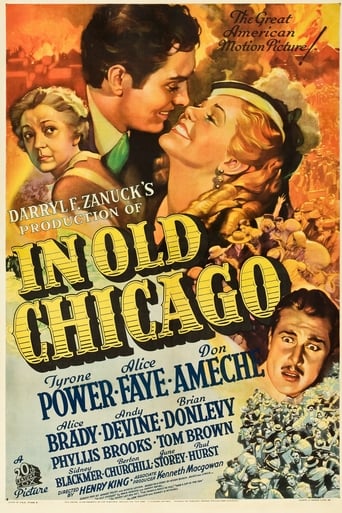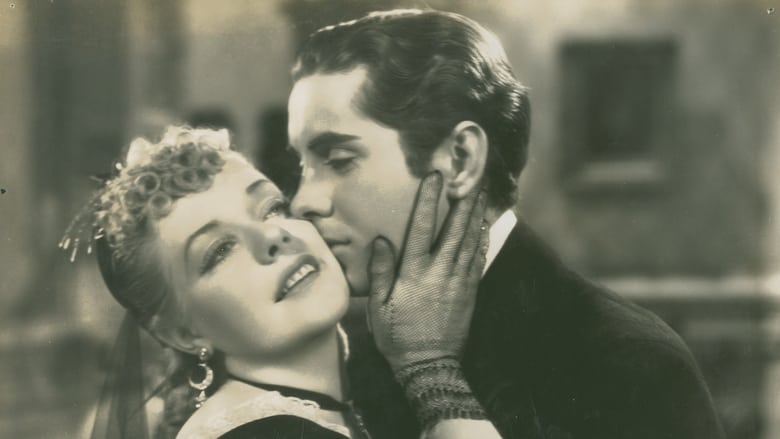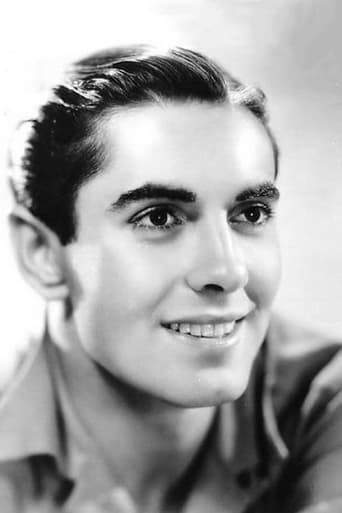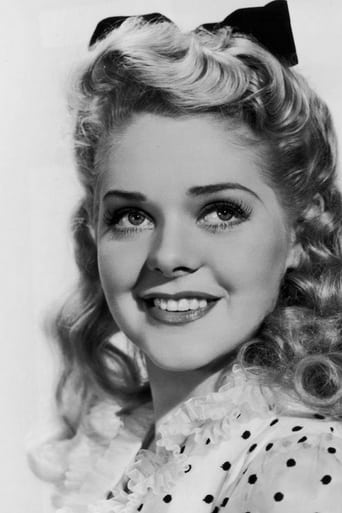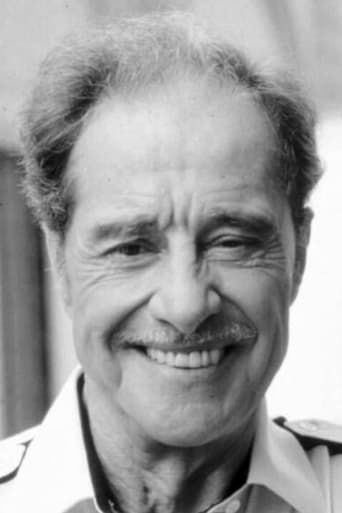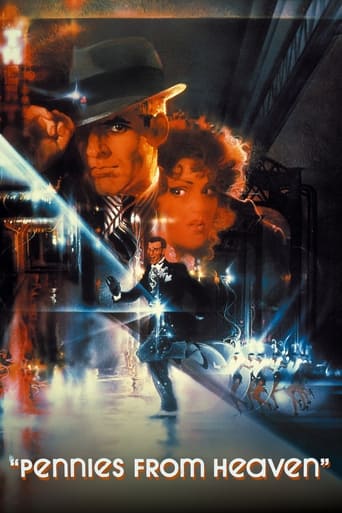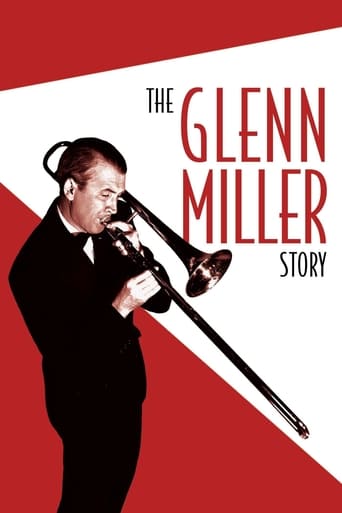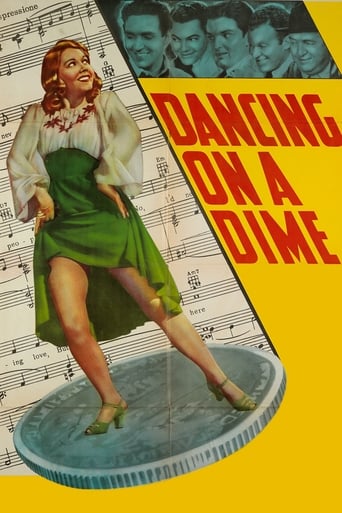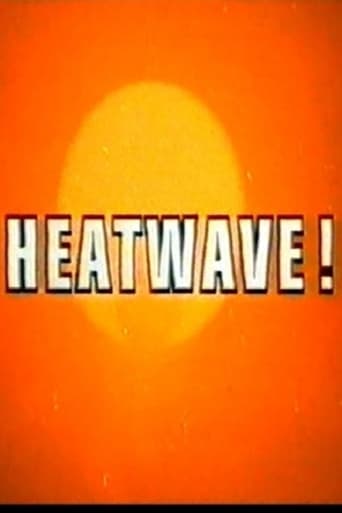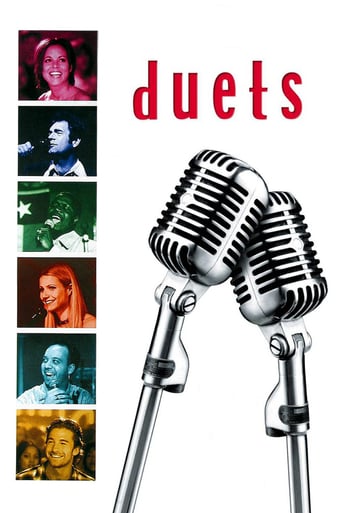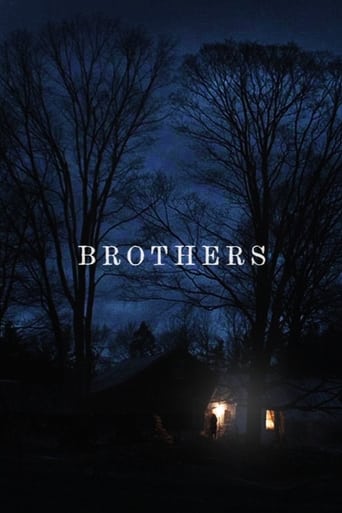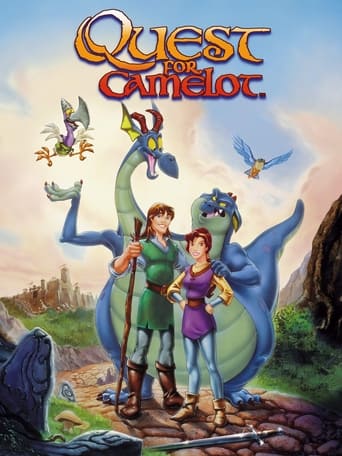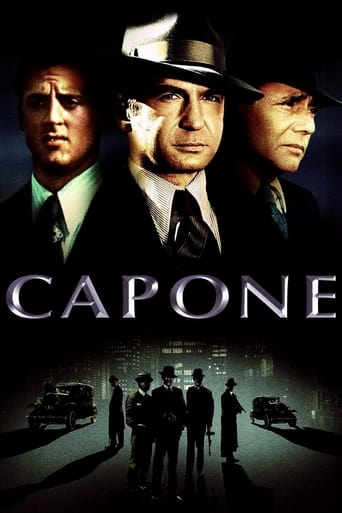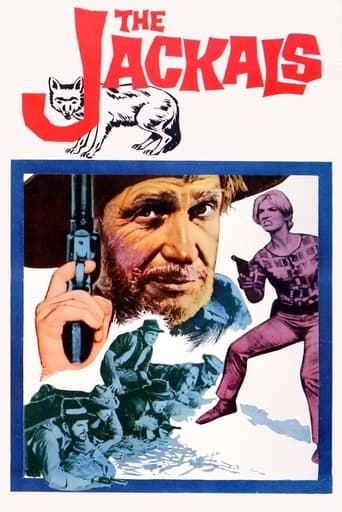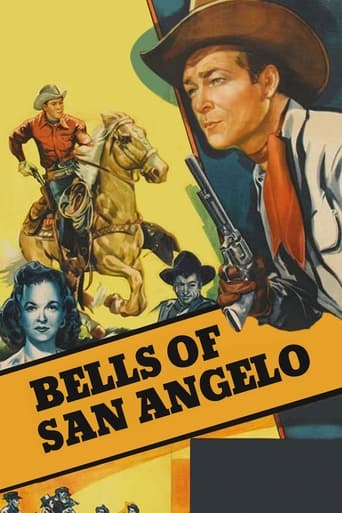In Old Chicago (1938)
The O'Leary brothers -- honest Jack and roguish Dion -- become powerful figures, and eventually rivals, in Chicago on the eve of its Great Fire.
Watch Trailer
Cast


Similar titles
Reviews
It’s not bad or unwatchable but despite the amplitude of the spectacle, the end result is underwhelming.
Let me be very fair here, this is not the best movie in my opinion. But, this movie is fun, it has purpose and is very enjoyable to watch.
By the time the dramatic fireworks start popping off, each one feels earned.
A terrific literary drama and character piece that shows how the process of creating art can be seen differently by those doing it and those looking at it from the outside.
Copyright 24 February 1938 by 20th Century-Fox Film Corp. New York opening at the Astor, 6 January 1938. U.S. release: 15 April 1938. Australian release: 19 May 1938. (The film lost money on initial release, despite huge publicity). 10,002 feet. 111 minutes.SYNOPSIS: Saloon owner marries singer so that she can't testify against him.NOTES: Alice Brady was voted Best Supporting Actress and Robert Webb carried off an award for Assistant Director. Number 6 on the Film Daily annual poll of U.S. film critics. Negative cost: $1,800,000 (of which well over a third was spent on the fire). Initial domestic rental gross: an extremely disappointing $1,500,000. Shooting commenced 14 June 1937. COMMENT: When San Francisco emerged as America's top-grossing picture of 1936, Fox chief Darryl F. Zanuck was anxious to emulate MGM's success. He commissioned Niven Busch to write a story about the great Chicago fire of 1871 incorporating as many of San Francisco's plot lines as possible. Thus both stories center around a sympathetically roguish saloon-keeper in the city's red-light district who is restrained (and eventually brought to heel) by a blonde singer and a priest/friend/crusading brother. In "San Francisco", Clark Gable plays the rogue delightfully, but is less convincing as the regenerated Christian. Though outclassed by Gable's seemingly easy nonchalance and casually effective macho airs, Power gives the "In Old Chicago" rogue more than a game try. His laughter and childish glee in his own devious stratagems is especially endearing and what is more important, he is rather more convincing than Gable in his last-reel change-of-heart. Admittedly, he was handed reasonable lines, while Gable had to contend with some real stinkers. As the blonde catalyst, however, Jeanette MacDonald tends to make a more memorable impression than Alice Faye. Her role is larger and more vital to the course of the plot and she has a large number of scenes in which she is allowed to try her mettle with seasoned support players like Jack Holt and Jessie Ralph. And of course she has better songs, including cleverly edited excerpts from grand opera and the rousing title tune. Not only does Alice Faye make a late entrance, but she has few scenes without Tyrone Power. We have nothing against Power, but he has lots of other scenes as well. In addition, her songs are fewer, not so elaborately staged, and not so memorably tuneful. The best of them is the old stand-by, "Carry Me Back To Old Virginny" in which she is strikingly costumed. Indeed her attractive gowns are certainly the equal of Miss MacDonald's.As the hero's friend/brother, Spencer Tracy has it all over poor Don Ameche who is a capable actor, but no match for the charismatic magnetism of Tracy. If San Francisco doesn't have a real villain, In Old Chicago provides one in the person of Gil Warren, played by that uneven actor, Brian Donlevy. Here, fortunately, he is at his most fascinatingly unscrupulous best. Supported by the legendary Rondo Hatton, he has some marvelously breathtaking scenes including an elaborate parade and supporters' convention which must rank among the most lavish and action-full ever staged by Hollywood. We also love the side-splitting scene in which, looking frantically disheveled, he attempts to extract information from Joe Twerp's stuttering clerk. And then there is In Old Chicago's Alice Brady. San Francisco offers nothing to match her performance, even though her "straight acting" is now robbed of its initial tour-de-force. (Alice Brady's usual roles were dotty mothers in the Billie Burke fashion.) All told, In Old Chicago can put up as interesting a group of character players (Spencer Charters, Andy Devine, Phyllis Brooks, Eddie Collins) as can San Francisco (Ted Healy, Al Shean, Jessie Ralph). In photography, sets, costumes and spectacle, the two are almost equal. Personally, I think "In Old Chicago" has a slight edge. Marley's photography has a remarkable depth of field which gives many of the images a three-dimensional quality. We are actually present in the teeming, muddy streets of Chicago, in the crowded saloons, in the sprawling convention hall. In direction, the two are evenly matched. Van Dyke has a vigorous, pacy style, but King has an eye for detail and drama that gives his best films (such as this) a quality that enables them to be enjoyed numerous times. Of course, both directors were helped out by experts, King rather more than Van Dyke. The thrilling chase between the carriage and the railway train at the beginning of In Old Chicago is Humberstone's, as is the entire final twenty minutes, Humberstone directing the main unit and the principal players as well as the special effects. However, Henry King himself staged the spectacular convention brawl as well as the dangerous fight between Power and Ameche in which only two falls were doubled. Both scripts have their share of witty dialogue. I especially liked Power's comment on Ameche's campaign speech. "I don't think he'll win. He looks too honest. People don't trust an honest politician." Both movies offer such first-class entertainment, so it comes down to a personal choice. Mine is "In Old Chicago" — secondly because it offers Power in one of the most convincing performances of his career (notice the clever insincerity in his voice as he proposes), and firstly because it has the charming, alluring, entrancing Alice Faye, the warmest and most captivating actress of the cinema — and she sings like an angel too!
Political machinations abound in "Jesse James" director Henry King's historical tale "In Old Chicago." This portrait of urban corruption in the Windy City during the 1870s culminates with the devastating Chicago fire that destroyed a large part of the city. The clan O'Leary family ends up in the middle of all the mayhem. Special effects director H. Bruce Humberstone and his crew conjured up the fabulous images of Chicago ablaze with buildings collapsing. Clocking in at a trim 94 minutes, this flavorful yarn never wears out its welcome. Strapping young Tyrone Power heads a sturdy cast as the notorious Dion O'Leary, while Don Ameche co-stars as his straight-up, on the level, brother Jack. "In Old Chicago" received Academy Award nominations for Best Picture, Best Writing by Niven Busch, Best Music, and Best Sound Recording. Initially, the clan O'Leary traveled to Illinois aboard a wagon with their mother and younger brother Bob. With Chicago looming on the horizon, the O'Leary family decides to challenge a locomotive to see who can outrun whom. Tragically, O'Leary patriarch, Patrick O'Leary (J. Anthony Hughes), whips his two horse team for more speed to beat the train. Sadly, the horses break free of the wagon and drag the father to his death. When the O'Leary clan trundles into the muddy streets of Chicago, Molly O'Leary (Oscar winner Alice Brady who won the statuette for Best Supporting Actress) discovers she can reap a fortune by washing clothes, so she sets up her French laundry. Meantime, Dion falls in with the wrong crowd heading by none other than Brian Donlevy as the villainous Gil Warren. Warren owns the most prosperous saloon in the city. Warren imports a vocalist from New York City named Belle Fawcett (Alice Faye) to warble her sweet tunes in the Hub. Not surprisingly, Dion falls madly in love with Belle the first time he lays eyes on this gorgeous gal. Mind you, Belle doesn't reciprocate similar sentiments. Indeed, she plays hard-to-get. As it turns out, the O'Leary clan learns about Gil Warren's secret plans to re-route a trolley car system from a sketch on a tablecloth from the Hub. Before long, Dion steals Belle away from Gil, and the two go in as partners in their grander establishment known as The Senate. Gil decides to run for mayor, while the upright townspeople implore Jack to run against Warren on the Reform ticket. Actually, the scheming Dion has sent the delegation to persuade Jack to run for mayor. At the same time, Dio engineers a way to ensure that Gil won't win the mayor's race. He invites Warren and all his cronies from a section of Chicago known as 'the Patch' to a political banquet. Dion's men goad these fellows into a fight, and the Chicago Police Department show up in force with paddy wagons galore. The cops arrest Warren and all of his political bosses, and Jack wins the race. No sooner has Jack triumphed in the mayor's re-election than he goes after his brother and the anarchic element thriving in the Patch. At first, Jack wants to expose Dion's evil by persuading Jack's partner Belle to testify against him in court. Crafty Dion exchanges marital vows with Belle, and this transition rules out the wife testifying against her husband. Meantime, Mrs. O'Leary's cow kicks over a milk bucket and all hell broke loose. This empire building that collapses is tremendous stuff.
People talk about the strengths of Golden Age cinema, and I believe in them, too, but watching "In Old Chicago" is to be reminded of the weaknesses:Thin characterizations. Overtly posed close-ups. Clichéd dialogue. Strained humor. Implausible romances. Improbable coincidences.It's all there in this early disaster movie, which depending on the version you see is either 100 minutes or 70 minutes of windy exposition followed by 25 minutes of fiery, building-crushing spectacle when the Great Fire of 1871 roars through Chi-town, courtesy of Mrs. O'Leary's cow.Alice Brady won an Oscar playing the legendary Mrs. O'Leary, though her solid performance only looks stellar compared to the rest of the cast. History tells us it wasn't her cow that caused the fire, yet this cinematic retelling has Mrs. O at the heart of everything having to do with old Chicago, with one son (Don Ameche) an earnest reformer and another (Tyrone Power) the corrupt power behind the throne. Their father died foreseeing a time when the O'Learys would "put their mark" on the city, and this they do, even before they burn it to cinders.The two O'Leary boys have this habit of coming to blows often but then reuniting very earnestly, facing the camera with happy smiles and declarations of sudden unity.As they often say in this movie: "We O'Learys are a strange tribe." "Strange" doesn't cover it.Power's character, Dion O'Leary, falls hard for saloon singer Belle Fawcett, whose job gives Alice Faye plenty of excuses for dressing up and delivering a series of hokey musical numbers. Dion pleads his case with Belle by wrestling her to the floor and ignoring her pleas to let him go until she returns his kisses passionately. Being he's Tyrone Power, this might even work. But could anyone get away with lines like his "We've fought, and maybe we'll go on fighting, but we'll do it – together!"Power does get credited for shedding his pretty-boy persona later in his career with harrowing war service and some tougher parts, but here he's all dimple-cheeked smiles and goo-goo eyes. Even when the script has him backstabbing nominal villain Brian Donlevy (really not that bad a guy compared to Dion through most of the film, though presented here as someone to root against only because he's played by Donlevy), Power can't muster up enough gas to make his skullduggery convincing.There's a tonal problem with the film. Director Henry King seems split between whether to make "In Old Chicago" a drama, a comedy, or a musical, so he tries for a bit of each, sometimes in tandem. The result is odd bits of pathos like Father O'Leary's death crammed up next to a scene where a fat woman is dropped in a mud puddle. Only in the last 20 minutes, when it becomes a full-fledged disaster film, does it find focus, and then only as spectacle with powerful scenics, like people walking on rooftops dwarfed by the fires raging behind them, or buildings raining masonry on the heads of fleeing victims.The focus on the O'Learys remains, however, as tired and improbable as ever, with Brady and Power left to deliver some final lines to the camera about Chicago emerging stronger and better from this disaster. It's all such hooey you almost wish for a lingering piece of masonry to tumble down upon them. But then someone would have to make still another speech about how they didn't die in vain, and then "In Old Chicago" would never end.
It must have seemed like a no-brainer to make a film about the Great Chicago Fire. Unfortunately, no brains were used in developing the story that would climax with the fire. The story about sibling rivalry between the sons of Mrs. O'Leary, whose cow supposedly started the fire, is incredibly lame and dull. The melodramatic script is unbearably syrupy in handling the mother-son relationship on one hand while romanticizing sexual assault on the other hand. Power looks very handsome but is somewhat lackluster as the bad brother while Ameche has the thankless role of the good brother. Brady's thickly-accented performance is hardly Oscar-worthy. At least the fire is well filmed.

